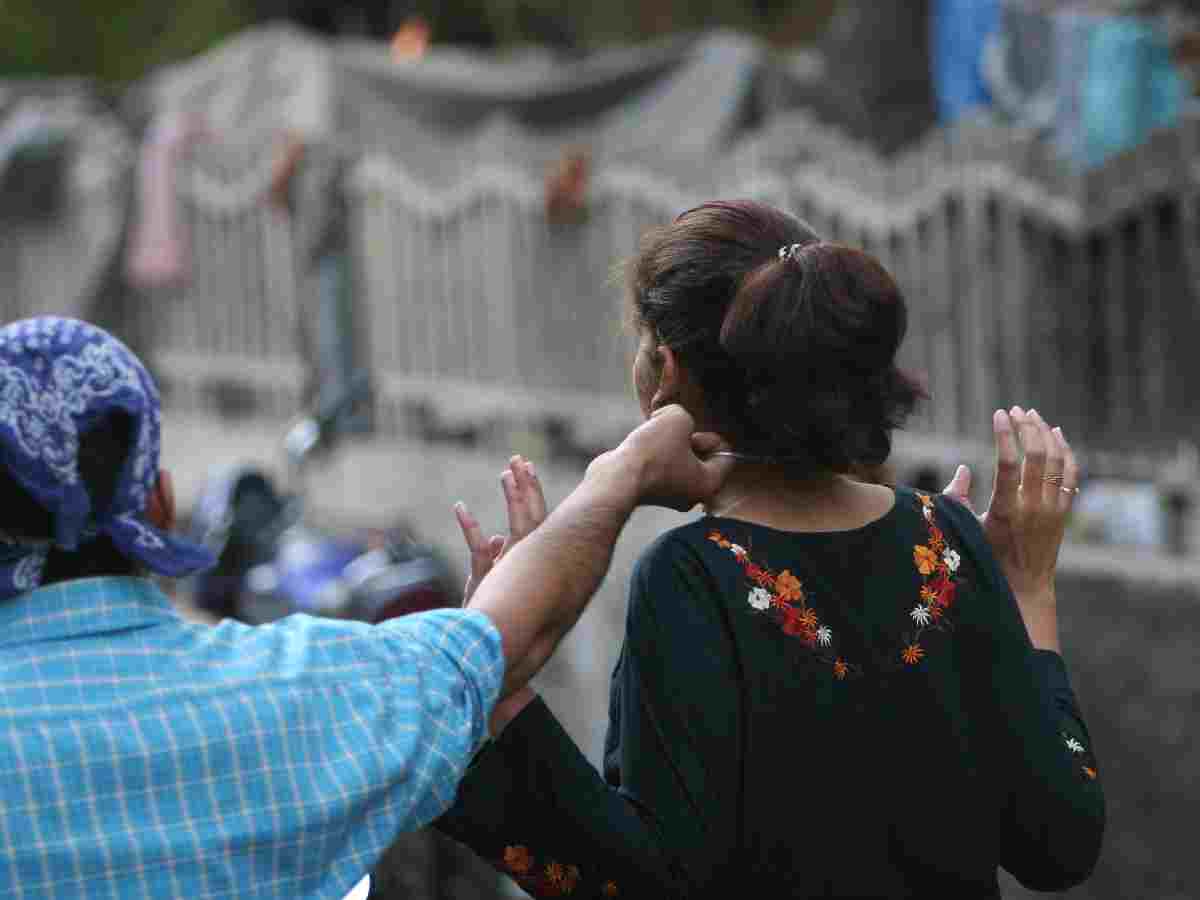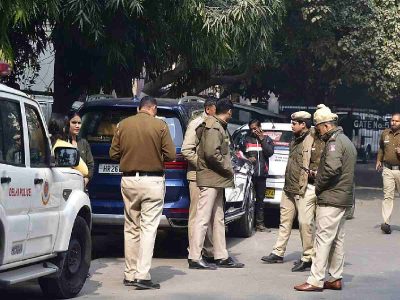The Delhi Police registered 183 cases of snatching between July 1 and 10, the first 10 days since the introduction of the Bharatiya Nyaya Sanhita (BNS), where a separate section is devoted to snatching.
According to Delhi police officials, the new provision will help in curbing snatching which has become widespread in the national capital. Any instance of a solitary, dark street spreads unforeseen terror and dread among people,which inadvertently, stops people from going out at night.
In 2023, there were a whopping 4,922 snatching cases across the Delhi from January 1 till August 15. It was also reported that as many as 752 snatching cases were recorded in the one month period from March 20 to April 20, 2022, which meant that 25 cases were being noted on an average every day.
Since the introduction of the BNS, Bharatiya Nagarik Suraksha Sanhita (BNSS), and the Bharatiya Sakshya Adhiniyam (BSA), there have been about 18 snatching cases every day.
However, Delhi Police remains hopeful that the inclusion of the crime separately will help in bringing about a steep decline in the number of cases.
To put matters into perspective, with the inclusion of Section 304 (snatching), the definition has become clearer with an increased ambit for punishment. Delhi Police officials have iterated that under instances of the accused working in a group, they can be charged under Sections 111 and 112 of the BNS. The latter sections function as means to prevent organised crime.
Earlier, snatching was included in the same section as theft under Section 378 of the Indian Penal Code (IPC), leaving the crime undefined and the punishment range fairly limited.
Also Read: Why Kamala Harris may want to visit this DU college
According to Section 304, “Theft is snatching if, in order to commit theft, the offender suddenly or quickly or forcibly seizes or secures or grabs or takes away from any person or from his possession any movable property.”
Accordingly, the punishment for the crime now ensures imprisonment of up to three years, along with a fine.
On the other hand, Section 378 of the IPC stated, “Whoever, intending to take dishonestly any movable property out of the possession of any person without that person’s consent, moves that property in order to such taking, is said to commit theft.”
‘Snatching’ as a separate entity did not find any mention in the clause itself, although it was defined as a sub-section under Section 379A. Punishment for theft was a maximum imprisonment of three years. But, according to Section 379B, the punishment for snatching was a minimum of five years’ imprisonment which could extend to 10 years.
On the other hand, according to the BNS, provisions under gangs or groups committing crimes (organised crime) related to snatching have claimed a significant spot.
To put matters into perspective, according to Section 112, “Whoever, being a member of a group or gang, either singly or jointly, commits any act of theft, snatching, cheating, unauthorised selling of tickets, unauthorised betting or gambling, selling of public examination question papers or any other similar criminal act, is said to commit petty organised crime.”
The punishment for committing the crime has been kept at a minimum of a year which may extend to seven years. It shall also include fine.
According to senior Delhi police officials, the inclusion of snatching as a separate provision is extremely helpful since it enables to fast-track a case’s registration and chargesheeting, making the process easier and time conserving.
“With the inclusion of a separate section, registrations and working out a case has become much easier. We can actually pinpoint the provisions and capture the accused without much hassle,” he said.
A Station House Officer in the Outer District, however, highlighted that snatching has been a daily bother in the national capital.
“There is not much the police can do to curtail snatching. Although the fact is that criminals will now think twice before committing the crime as registering a case only takes half the time under the new criminal law,” he said.
Similarly, the SHO of a police station in the Central District highlighted that the entire Paharganj area, including his area, witnesses multiple instances of snatching in a day.
“Sometimes, a certain instance does not fall under the ambit of theft, or it just takes a lot of time to prove it. Snatching in itself when it happens, more often than not does not work itself out right then and there. However, most of them do get solved later. However, now, I think it will deter criminals from engaging in such activities since the ambit of punishment has also increased,” he said.
Emphasising on the ease with which the new provision will enable police personnel to function, the Deputy Commissioner of Police (DCP), Shahdara, Surendra Chaudhary highlighted that the clear definition of the crime will speed up the process of registering FIRs with targetted provisions.
“The provision in BNS has made it much easier to nab snatchers. More importantly, it has made the provision more direct and effective in lodging charges specifically related to a particular crime. Earlier, in a snatching case or a case of organised crime, we had to attach multiple sections which would take little more time than usual. However, now, we just have to charge the accused with very specific sections,” said Chaudhary.
“On the other hand, the punishments for the crimes have also been enhanced to a degree which will help curb such activities in the future as well.”
Also Read: Journalists, executives, writers recount tales of workplace harassment
He added that the entire process would take time but, in his opinion, it would help in curtailing it significantly.
He also highlighted that according to the BNSS, the proceeds of the crime can also be seized and attached by the Court, which can be distributed among the victims.
“Much like the provisions of the PMLA (Prevention of Money Laundering Act), if the police finds out that upon stealing a certain item from the victim, the accused sells it and earns money or buys another such item, then the police can seize it. This will also help in stopping a person from stealing,” he said.
Chaudhary added that the provisions of Section 111 and 112, will also enable the police force to keep a tight check on organised crime and snatching gangs in the national capital….





